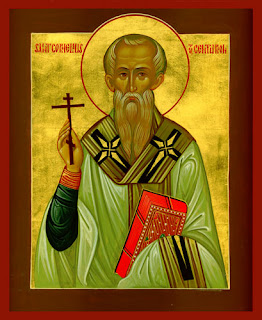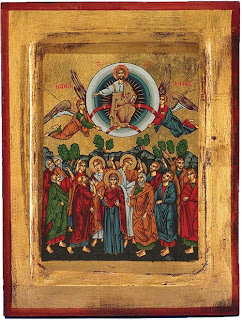Acts 12 - Return to Jerusalem
Acts 12 - Return to Jerusalem 1. Herod in this verse is Herod Agrippa, the grandson of Herod the Great. He ruled in Palestine from 41-44. The Herods were half-Jews who ruled the Jews in Palestine on behalf of the Roman empire. Because of their divided loyalties they often performed acts to prove their patriotism the Jewish people. The actions of Agrippa persecuting the Christians is possibly one such act. 2. James, the brother of John was the first of the apostles to be martyred. And because it brought him favor with the Jews, he then arrest Peter. 3ff. This is during the Feast of Unleavened Bread which is Passover. This was an important time for both Jews and Christians. The Christians would have been celebrating the anniversary of the Resurrection. The church prayed for him during his captivity, and in spite of the guards n angel rescued him from prison. 12. From this verse many have supposed that this was the house where the upper room was. ..Mary was the mother of Jo...






